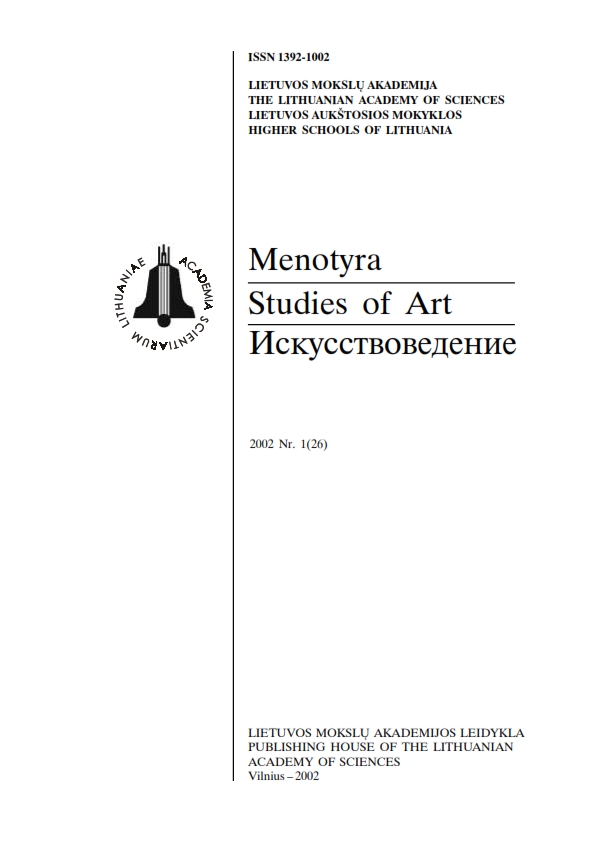Lietuvos ir Italijos muzikiniai ryšiai XVI a.
Musical relationships between Lithuania and Italy in the 16th c.
Author(s): Jūratė TrilupaitienėSubject(s): Music, 16th Century
Published by: Lietuvos mokslų akademijos leidykla
Summary/Abstract: The 16th c. was of great importance for the Lithuanian musical life. From the beginning of this century the relationships between the musical life of Lithuania and other countries begun to change. In earlier times, there were wandering musicians and members of neighbouring countries sovereigns' musical chapels who visited Lithuania, while starting from the thirties of the 16th c. more musicians from distant countries started working here. Among other Western countries, Italy became one of the most significant centres with which Lithuania launched direct musical relationships. The role of the Italian clergyman and musician Alesandro Pesenti must have been very important for the Lithuanian church music history. In Vilnius Pesenti served as a canon of the Cathedral, also he gained beneficium from Vilnius. He was distinguished among other musicians, because another artist from Italy, Gian Jacopo Caraglio, cast a medal, the averse of which indicated that Pesenti was the canon of Vilnius and the reverse showed various musical instruments. In the 16th c. most Italian musicians worked at the Palace of Lithuanian Grand Duke Žygimantas Augustas in Vilnius. Little is known about their musical work, although it is clear that the group of musicians brought the repertoire from the motherland of the Renaissance. The most famous performer and composer who came to the Grand Duke's Palace in Vilnius was Valentine Bakfark, the lute player of Hungarian descend. He brought to Lithuania the most important new aesthetical thought that was born in Italy, although there is no evidence about the genre variety, which may have reflected the most conspicuous features of his musical works.Lithuanian noblemen were interested in Italian art from the 16th c. They visited Italy, communicated with musicians of that country, and Italian composers used to dedicate to Lithuanians their musical collections which printed in Venice. The influence of Italian musical life, the features of baroque music were evident in plays of the academic theatre of Vilnius Jesuits and theatres of other colleges, also in frequently played paratheatrical performances, the significance of which grew in particular during the 17th c.
Journal: Menotyra
- Issue Year: 2002
- Issue No: 1(26)
- Page Range: 64-69
- Page Count: 6
- Language: Lithuanian

